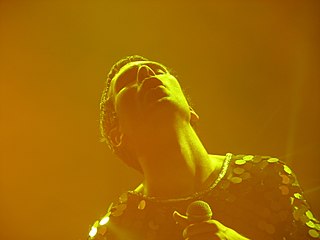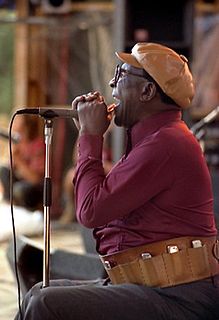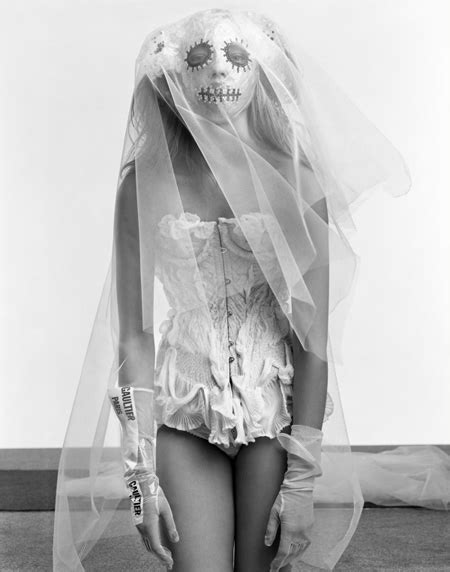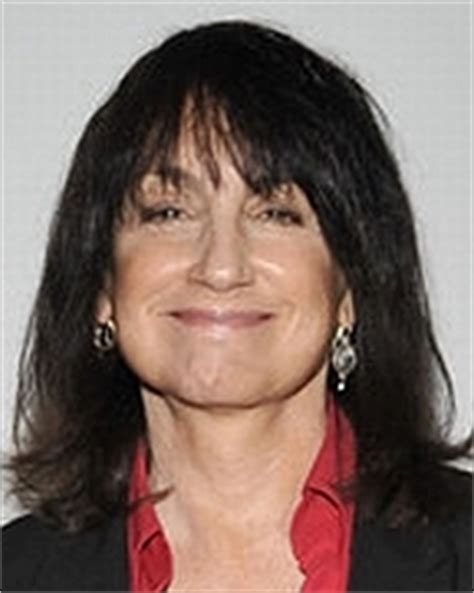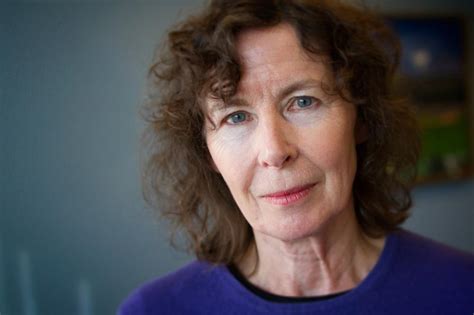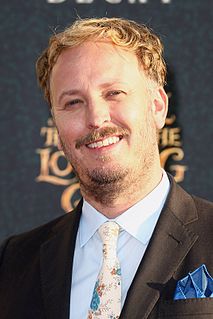A Quote by Jamie Lidell
I wanted to make an album that I wanted to put on myself and could listen to again and again. In the past I've done these records that are very in-depth. I love them and I'm very proud of them but I've always found it hard to listen to them again and again...they're very demanding.
Related Quotes
My friendships, they are a very strong part of my life, they are as light as gossamer but also they are as strong as steel. And I cannot throw them off, nor altogether do with them or without them. And I love them at the point where they say: It is nice to see you again. And I love them too at the point when they say: Good-bye, come again soon. The rhythm of friendship is a very good rhythm.
There are records I'll listen to one time and zero in on what's happening, and then I'll listen again to something I didn't notice the first time. The art of making records is something like this: you want to provide a multiplicity of experience in a single object, which is to say you want layers so that people can revisit and have something revealed to them that wasn't apparent the first time. We often will listen to the same music over and over again, and that tells you something, too.
I think when I was doing my very first interviews, I probably brought a notepad and did ask people my first fifteen questions while sitting in a Starbucks or something horrible like that. And I found that, oftentimes, the most important thing at the very first interview is just establishing a personal connection and developing some sort of rapport so that I can go back to them again, and then maybe again, and maybe again after that.
The most important thing is that, when you work with somebody, you build a rapport with that person. They have a certain trust in you. You don't have to explain that much. It's very hard when you photograph someone who's a fresh face and then you don't work with them again for six months. All these people I work with over and over again have qualities that I love. There's something very free about them or there are some slight imperfections about them. I think the more you work with someone, the pictures get better and better.
In The Last of Her Kind, Sigrid Nunez once again creates characters of such depth and situations of such vivid moral complexity that reading these pages is like living them. Only as I closed the book did I sadly realize that Georgette and Ann weren't my neighbors. But happily I can revisit them again, and again, in this beautiful and absorbing novel.
My reaction to Radiohead isn't as simple as jealousy. Jealousy just burns; Radiohead infuriate me. But if it were only that, I wouldn't go back and listen to those records again and again. Listening to Radiohead makes me fell like I'm a Salieri to their Mozart. Yorke's lyrics make me want to give up. I could never in my wildest dreams find something as beautiful as they find for a single song - let alone album after album.
